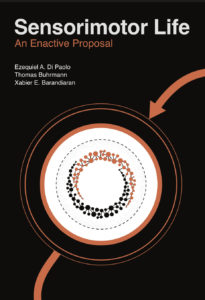On Tuesday 16 March 2021 at 11:30. To participate, please contact: guglielmo.militello@ehu.eus
“Integrating entropy, constraints closure, and historicity to understand anthropogenic disruptions”
ABSTRACT
The term “disruption” is commonly used in the literature to describe anthropogenic damages on ecosystems and life cycles. However, this notion has not been conceptualized and theorized as such. Here we will focus on the specific case of plant-pollinators networks and their disruption by climate change. We will show that the analysis of these situations requires integrating constraints closure and historical reasoning. Moreover, entropy enters the picture in a new way: its coarse-graining is defined by constraints closure. This framework leads to an initial account of disruption in biology: disruption as a loss of historical singularity impacting constraints closure.

